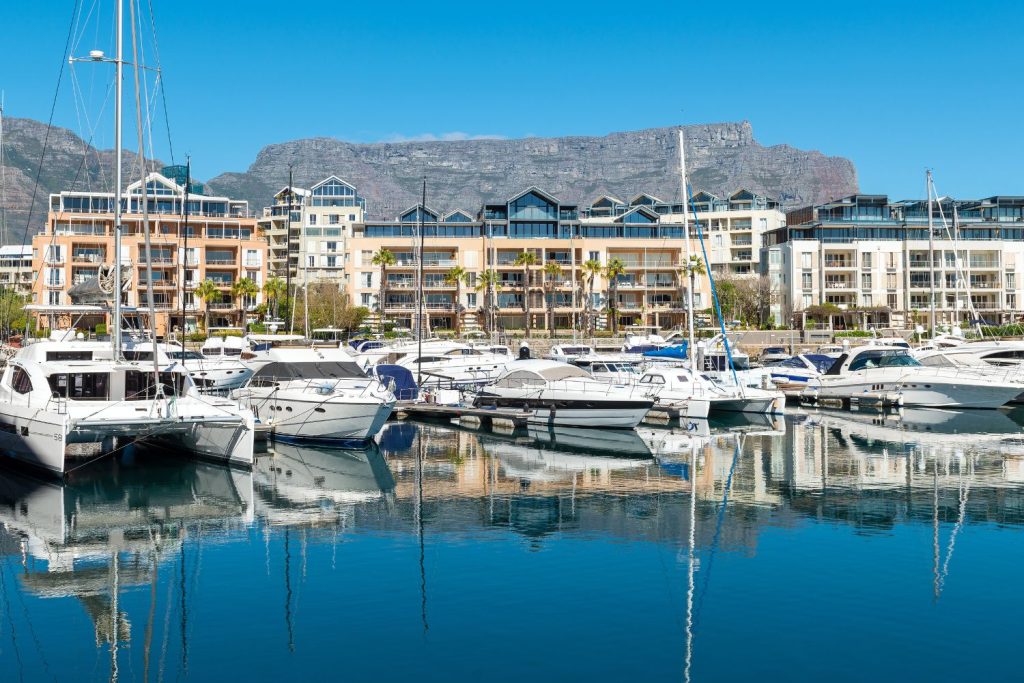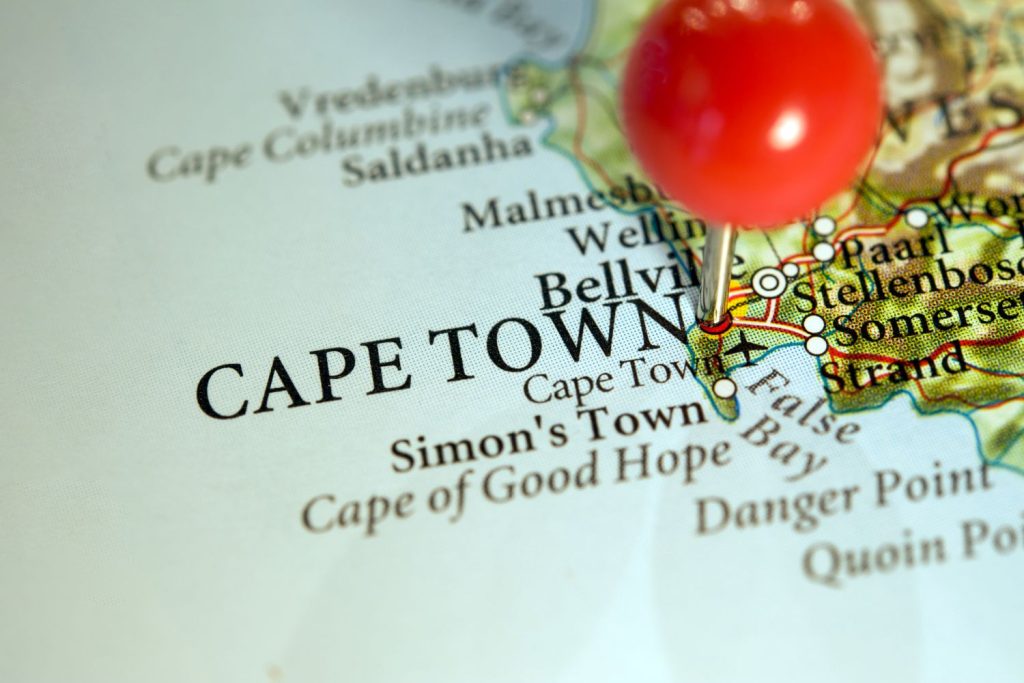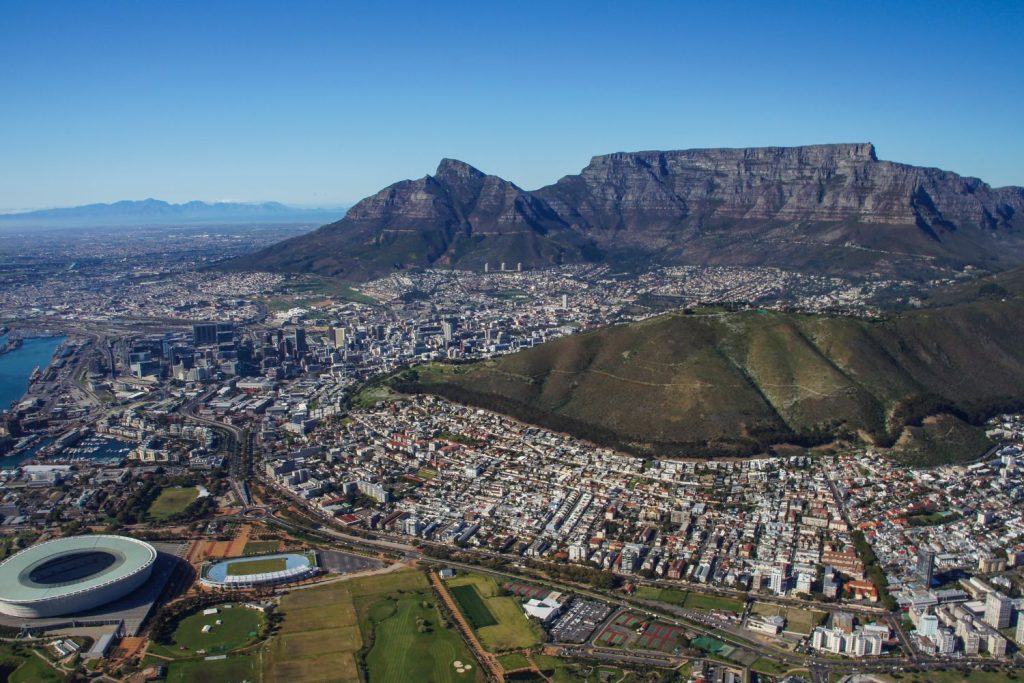
Historical facts to know about Cape Town before traveling
Here are some interesting historical facts about Cape Town before traveling.
Early Inhabitants: Long before Europeans arrived, the land was home to the Khoisan people, skilled hunter-gatherers who had inhabited the region for thousands of years. They called Table Mountain, Cape Town’s iconic landmark, “Hoerikwaggo,” which means “mountain of the sea.”
European Arrival: The Portuguese explorer Bartolomeu Dias was the first European to set sail around the Cape of Good Hope in 1488. However, it was Vasco da Gama who landed at what is now St. Helena Bay in 1497.
Dutch Establishment: In 1652, Jan van Riebeeck established a refreshment station at the Cape for the Dutch East India Company (VOC) on their trade route to Asia. This settlement marked the beginning of Cape Town as we know it today.
Colonial Power Struggle: Cape Town changed hands between the Dutch and the British throughout the 18th and early 19th centuries. The British eventually took permanent control in 1814.
Apartheid Legacy: Cape Town played a complex role in South Africa’s apartheid era. While some saw it as a more liberal city compared to others, discriminatory policies still existed. Robben Island, located just off the coast, served as a notorious prison for those who opposed apartheid, including Nelson Mandela.
Modern Cape Town: Since the end of apartheid in 1994, Cape Town has transformed into a vibrant and multicultural city. It is a center of South African politics, commerce, and culture.

Why is Cape Town called the Mother City – 2 theories
Historical Significance: This is the most widely accepted reason. Cape Town was the site of the first permanent European settlement in South Africa, established in 1652. As the oldest major city, it’s seen as the one that “gave birth” to the development of South Africa as we know it today. This historical role earned it the nickname “Mother City.”
Wordplay on Metropolis: Another theory suggests the nickname arose in the 1930s. A local Cape Town newspaper referred to it as the only true “metropolis” in South Africa. “Metropolis” comes from the Greek words “meter” (mother) and “polis” (city). The public embraced this term, and “Mother City” stuck as a nickname.
Both explanations highlight Cape Town’s importance in South African history.

Knowledge is power with Globe Trotter Nomads.
